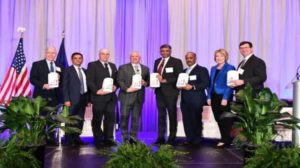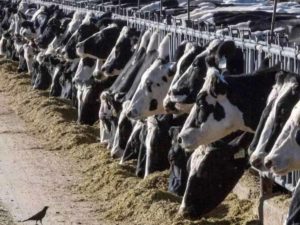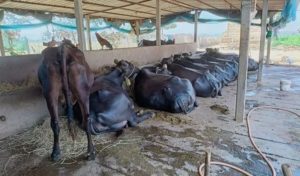A draft of the code was released for consultation this week and while some aspects have been welcomed by farmers, there are others they say need more explanation.
One clause which has been generally well received is the push for processors to release their season opening prices and agreements in a standard form and on a set date each year.
Tasmanian Farmers and Graziers Association dairy council chairman Andrew Lester said this was an idea that would benefit producers.
“It probably does give people more clarity about whet their company is offering,” he said.
“It would give them the ability to compare and it would also probably make the companies more accountable and stop them jumping over the top of each other which does happen.”
Mr Lester said while this clause may not be supported by processors it should be considered.
“I know it probably puts the companies in a more vulnerable position and they would be worried about losing suppliers, but it also should be more about the closing price and not the opening price and that’s something people need to consider,” he said.
“It shouldn’t be just about price either, there are other benefits offered by the different companies which can make a difference and are important too.”
Other clauses in the draft code also focus on improving the dispute resolution between farmers and processors and preventing retrospective price step downs.
A clause has also been included which would prohibit processors from withholding loyalty payments from producers who change companies.
Mr Lester said it was vital that once introduced, the code did not add significant costs for farmers.
“One of the things which is a bit vague and there’s not much detail about is the regulatory impact statements
“I realise it can be hard to get exact numbers, but that’s something we need to see more detail on.”
Farmers across the country now have an opportunity to provide feedback on the draft code and Mr Lester is encouraging as many Tasmanian producers as possible to do so.
“The more people that read it and have a say, the more likely we are to end up with a system that will actually work,” he said.
For anyone who does not want to provide feedback directly, Mr Lester is happy to talk to them about their ideas or concerns.
This consultation period will close on February 15.
Farmers can provide feedback by calling 1300 044 940 or email dairycode@agriculture.gov.au
There will also be two online tele-town hall events people can participate in on February 6 at 2pm and on February 7 at 10am.
To find out more or see a copy of the draft code go to www.haveyoursay.agriculture.gov.au










